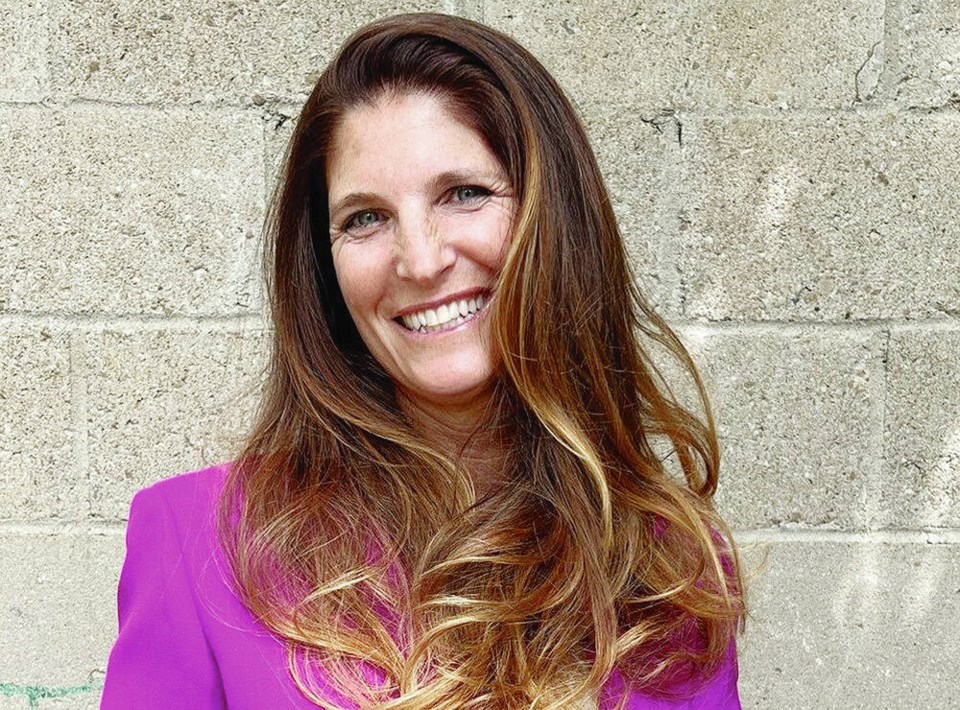Dear Lisi: My friend’s mom is dying. We’re in university, in another province. She’s gone home to be with her mom because the doctorss said it would be soon. We’re only 21 and neither of us have experience with someone close to us dying.
How do I support her?
So Sad
I’m so sorry for your friend. You’ve obviously been discussing it with her for a while, so she knows you’re supportive. That’s the first step. You sound close, so I would ask her what she wants/needs.
Does she want everyone at school to know? Or would she like you to help keep it private? Does she want you to be with her at the funeral (if you can)?
If she’s able to convey to you what she needs, listen to her. If she’s unable to communicate, then do what feels right to you. Death affects everyone differently, and everyone grieves in their own way. There’s no right or wrong. Just be there for your friend any way she needs, that you can handle.
Reader’s Commentary: “An 11-year-old acquaintance was recently handed a letter, written and signed by three girls at camp, telling her she can’t be their friend or sit with them. The girl has learning disabilities so it’s understandable that others might find her awkward. But in an age when everyone is supposedly concerned about bullying, with every school incorporating anti-bullying programmes and with every business/educational/social group maintaining that exclusionary behaviour won’t be tolerated, I find the brazen ‘mean girls’ attitude astounding. Writing and signing a letter, rather than just ignoring her or even telling her she’s not wanted, indicates complete confidence that they won’t be held accountable, and suggests that a boneheaded parent might have thought it was an appropriate way to help these girls.
“Like this girl, many bullied children have learning issues or are socially awkward. But I’ve seen perfectly ‘normal’ children bullied, too, so it’s hard to come up with blanket solutions. As you suggested, martial arts, or anything that builds confidence and self-esteem and introduces the child to other social groups, can be useful — horseback riding, fencing, music or gymnastics lessons that nurture existing talents, etc. And I would advise and encourage an excluded child to look around and befriend someone else who’s often alone. Most classrooms have more than one child who doesn’t fit the mainstream.
“We had no school anti-bullying programmes in the ‘50s and ‘60s, but far less bullying as compared with today (my brother was bullied so I was attuned to the behaviour). We all played with toy guns but there were few shootings. We had no anti-racism programmes, but I only heard the N-word three times in the first 16 years of my life (though I had two close Black friends and attended a weekly mixed-race dance with them). Now, I hear it daily.
“We didn’t talk about ‘safe spaces’ in school — it was a given that school was safe. Today, it seems as if every school has had a lockdown if not an actual shooting. We didn’t have signs everywhere warning that harassment, bad language and other bullying behaviour wouldn’t be tolerated — you simply behaved yourself in public. We do have substantial sexual equality, yet women are now regularly referred to in the foulest terms. University students are provided with trigger warnings but many of them are afraid to walk about on their campuses or offer a contrary opinion in class.
“We don’t seem to be making much progress, despite all our talk and the money spent to improve social relations. Not too long ago we talked about making a kinder, gentler world, but I can’t remember things being as unkind and ungentle as they are now.”
Lisi – Sadly, I couldn’t agree with you more.
FEEDBACK Regarding kids left alone (July 4; Aug. 13):
Reader — “Your recent comment about seven and eight-year-olds left to manage on their own struck a chord with me.
“When I was that age (in the ‘50s), my younger sister and I were given streetcar fare, a quarter each for lunch and sent off every Saturday morning to the Royal Ontario Museum to explore and join the free classes for kids.
“Likewise, after Sunday School, we’d hurry over to High Park to sail homemade paper boats down the small rivulets of water on the hillsides. We played alone in that big park until late afternoon. We went back and forth to school unescorted.
“We were very fortunate that we never, in all those experiences, had a problem. Surely there were pedophiles and predators then.
“I know that my grandchildren are escorted everywhere and that will continue until they’re teenagers - thankfully.”
Lisi Tesher is an advice columnist based in Toronto. Send your relationship questions to [email protected].



